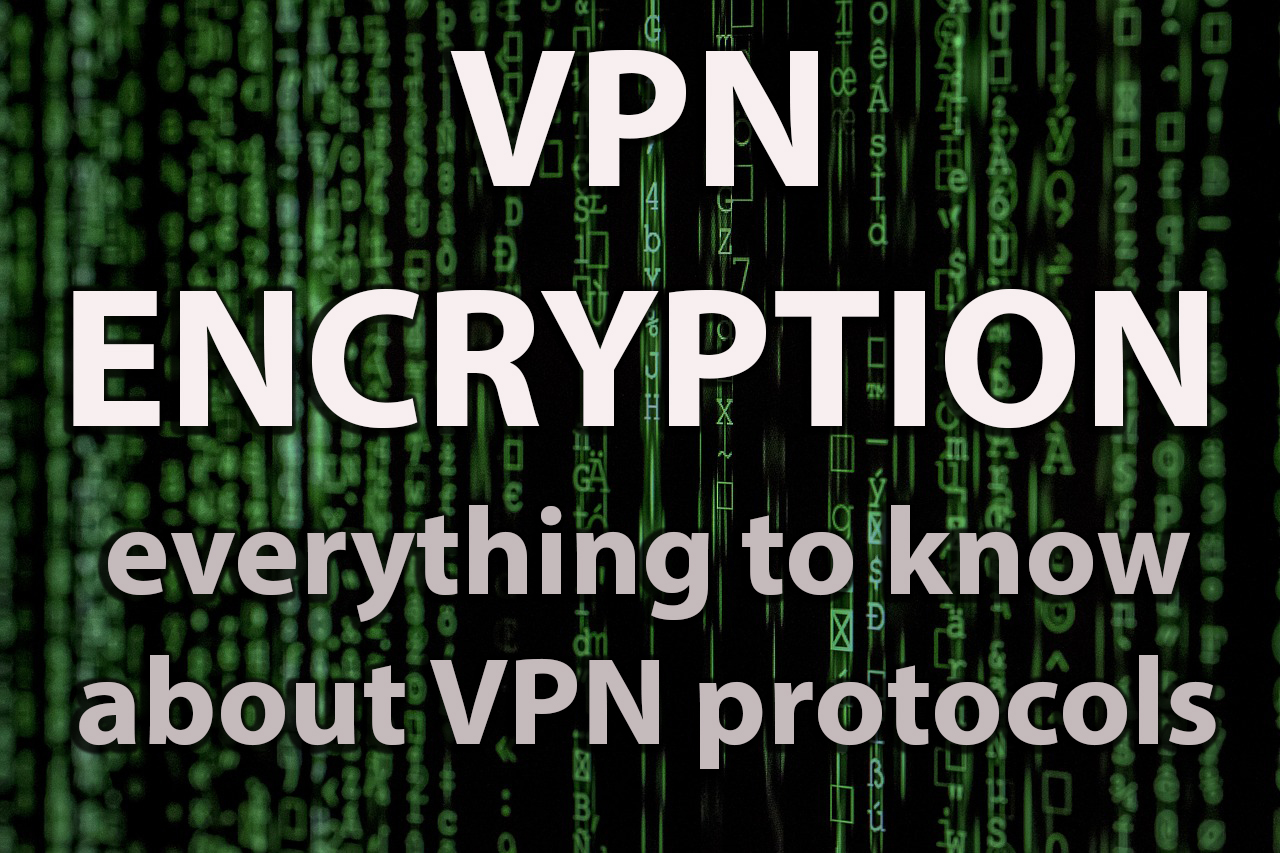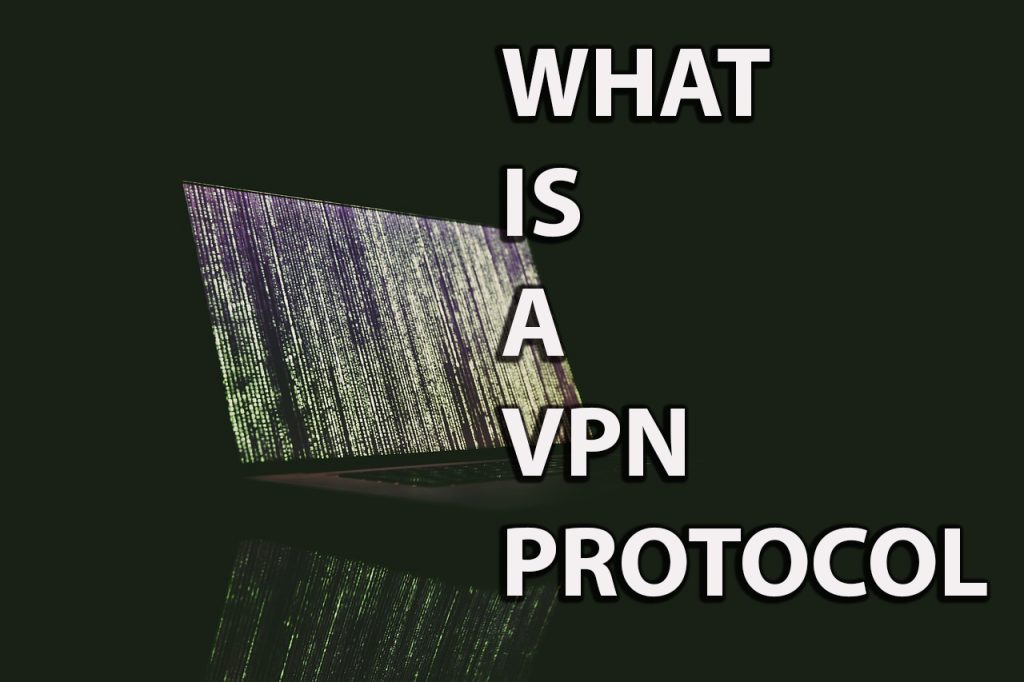
A VPN (Virtual Private Network) can help lower the risk of privacy and data theft. As our lives increasingly revolve around Internet usage, cybercrimes continue to surge. Protecting your online privacy and data with a VPN is as important as ever.
But deciding which VPN is the best can be complicated. There is a lot of technical jargon to mill through. One of the most complicated VPN terms is VPN encryption. The encryption your VPN uses is central and critical to your protection.
But what is VPN encryption? Which VPN encryption is the best? We will discuss PPTP vs SSTP and OpenVPN vs IKEv2 vs L2TP. Let’s get down to which is the best encryption for your needs.
What is a VPN protocol?

If you don’t understand what a VPN protocol is, it’s rather difficult to assess which one best suits your online privacy needs.
A VPN protocol determines how your data is protected. A VPN protocol not only protects data through encryption, but it can also effect the speed of your overall connection.
There are a handful of different VPN protocols to consider:
- OpenVPN
- PPTP
- SSTP
- L2TP
- IKEv2
Don’t let the techy names intimidate you. We can keep things as basic.
OpenVPN
It only makes sense that we begin with the most powerful VPN protocol, OpenVPN. Many of the top VPN services allow for OpenVPN. If you don’t read anymore in this VPN encryption guide, rest assured, if you see OpenVPN in a VPN’s description, this is a good thing.
OpenVPN is the most popular protocol because its the most reliable and efficient. The “open” portion of the name refers to “open source.” This means that developers all over the world are able to constantly update OpenVPN. It was first released in 2001 and over the past two decades, the open-source aspect of OpenVPN has allowed it to thrive and flourish.
To the best of our knowledge, OpenVPN has never been hacked or compromised in any way. Additionally, OpenVPN is considered speedy, so it won’t blow your connection’s speed.
PPTP
PPTP is an abbreviation for Point-To-Point Tunneling Protocol. Its the longest-standing VPN protocol for encryption online. Created over 25 years ago, PPTP evolved by way of help from Microsoft.
PPTP remains in use today, but it’s old and it was created at a time when the Internet looked much different.
The NSA has hacked PPTP on a consistent basis. PPTP uses 128-bit encryption, a level down from the 256 we recommend.
PPTP is old and outdated. I would not recommend you use it as your primary VPN encryption provider.
SSTP
SSTP is an abbreviation for Secure Socket Tunneling Protocol. Originally designed by Microsoft for Windows, it also works somewhat on other OS platforms.
SSTP is a level up from PPTP, which is why it was created. Microsoft wanted to improve PPTP, hence, SSTP arrived. It is often found as an option on many Windows operating systems.
One major concern should already come to mind – would you trust Microsoft to protect your data? Remember, unlike OpenVPN, SSTP is not open-source. Instead, as a protocol, it is controlled solely by a huge corporation that loves personal data.
That said, on Windows, SSTP works decently well. If you are using a Mac, it may cause your connection to become sluggish.
L2TP
L2TP is an abbreviation for Layer 2 Tunneling Protocol. L2TP uses IPSec for encryption instead of performing the task innately. Because of this, you’ll get the highest standard of VPN encryption in 256-bit encryption.
We have no evidence of L2TP being hacked by government agencies. It seems to work well across multiple operating systems.
L2TP is basically a poor man’s VPN protocol. It’s better than PPTP and SSTP, but not nearly as good as OpenVPN. Its speed is good and its security is decent.
IKEv2
IKEv2 is an abbreviation for Internet Key Exchange Version 2. IKEv2 also has ties to the early Microsoft days. Moreover, like L2TP, it uses IPSec for encryption which translates into 256-bit. That’s good stuff.
It works well on Microsoft devices, no surprises there. It’s also good to go on mobile devices such as Android and IOS.
IKEv2 is considered a good solution for mobile VPN encryption.
Which VPN Protocol Is The Best?

If you skipped down to the meat and potatoes, that’s fine. As described above, OpenVPN is the absolute best option for VPN encryption. It’s fast, it is secure, and it is open-source and not connected to any major companies. It’s never been hacked as far as we know.
Some people might leverage PPTP or SSTP if they use Windows. There is nothing wrong with this, but overall, if you use a high-end VPN, you’ll likely get the option to use OpenVPN.
Conclusion
VPN encryption is potentially the most important part of any VPN service. If your VPN protocol is lackluster, you’re not that protected. If big data companies can access your VPN protocol because they have a stake in it, well, that’s not good either.
In the end, OpenVPN is the top VPN protocol and encryption.






